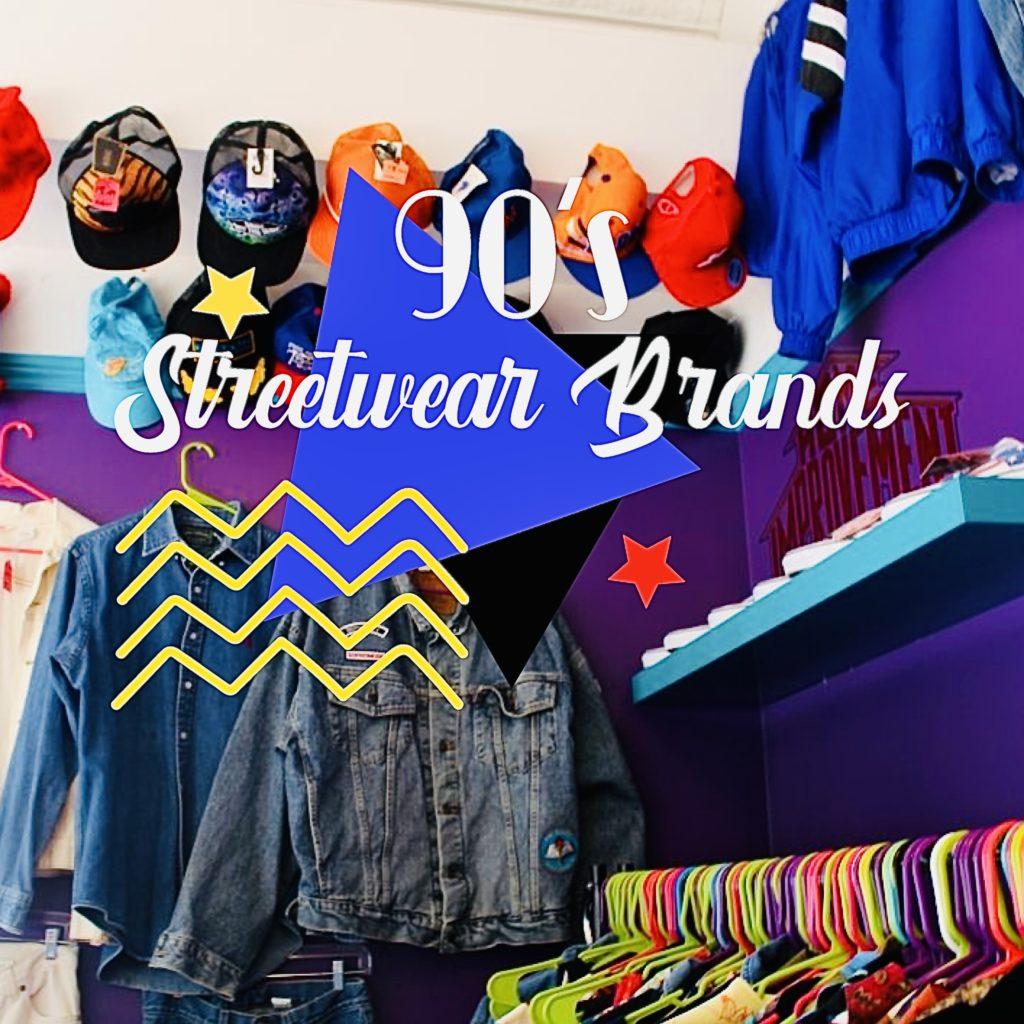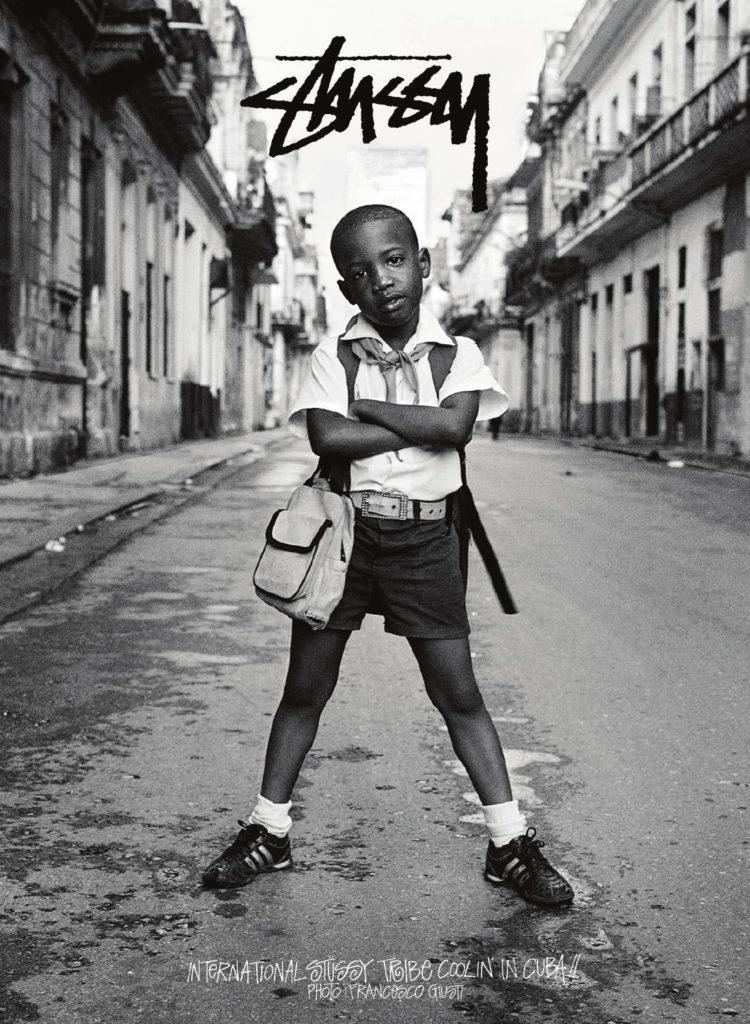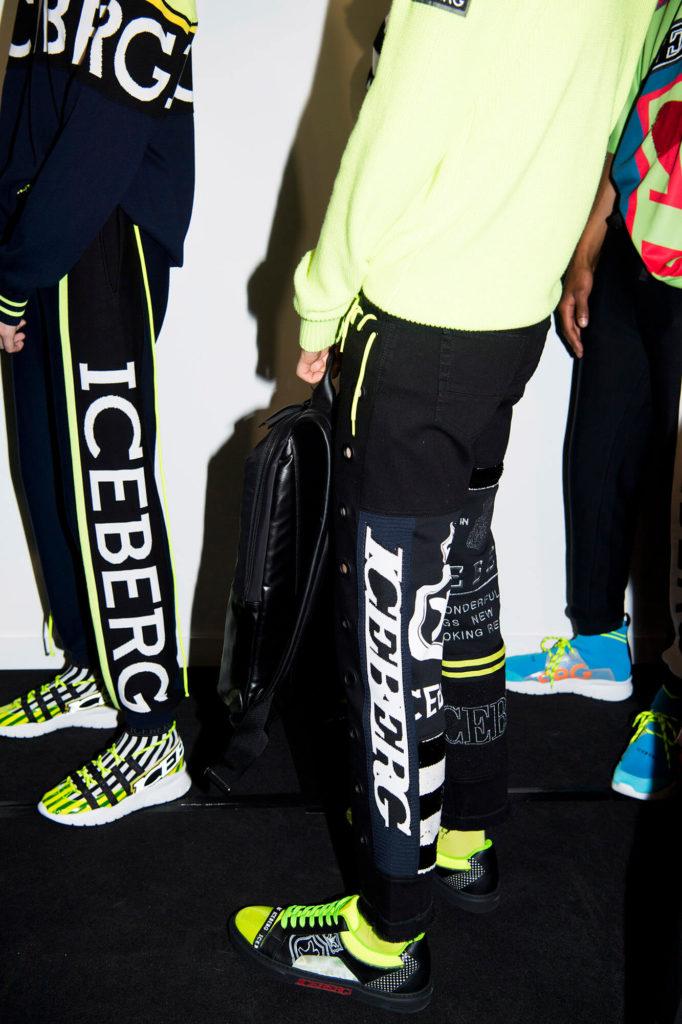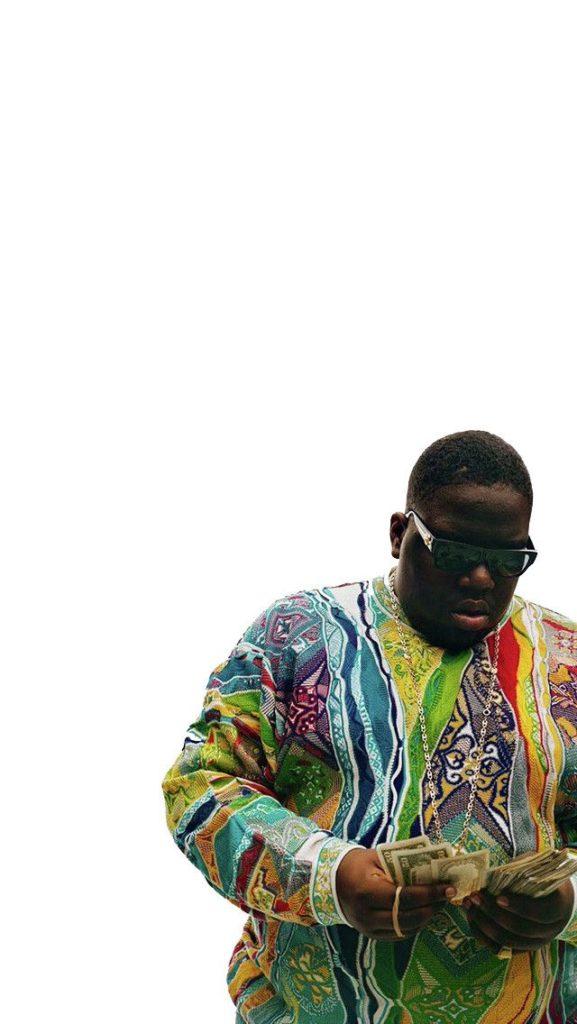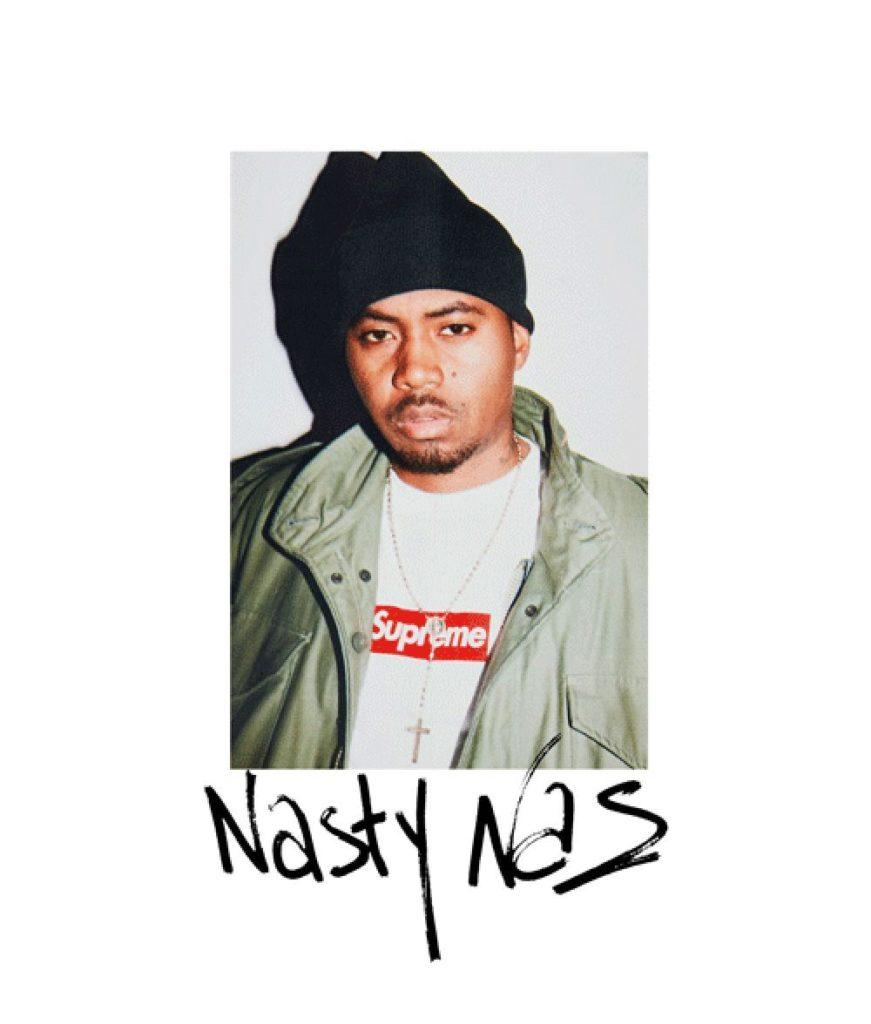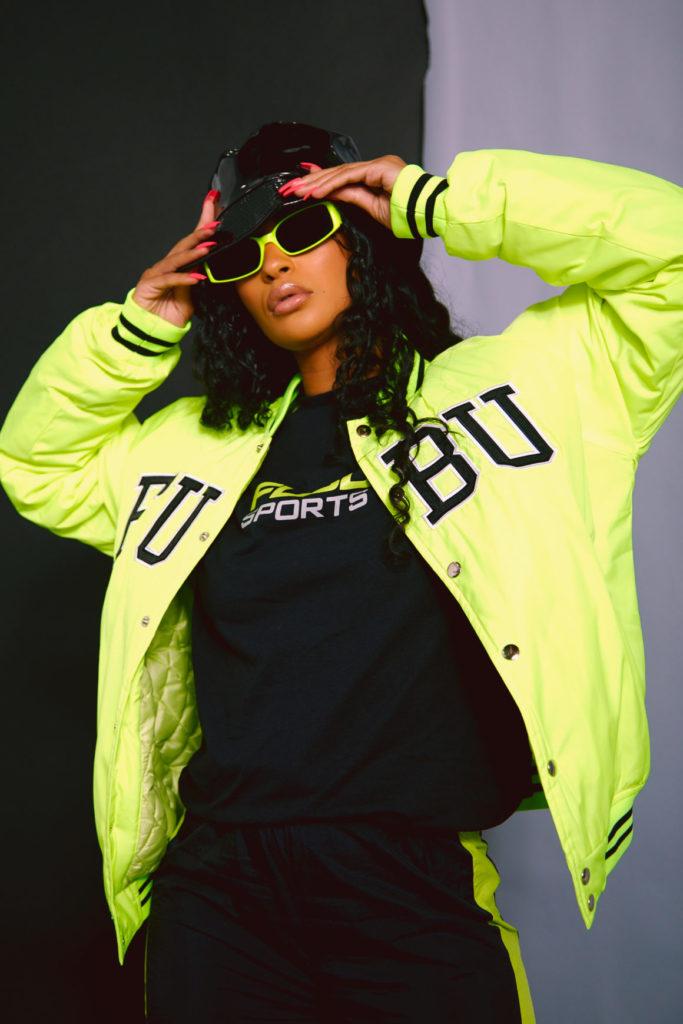Lifestyle Highlight -
The best 90's streetwear brands that are around today
What is old is new again in the fashion world, and it seems like ’90s streetwear brands are making a strong comeback with their vintage style and high-end quality. Here are some 90’s streetwear brands that took the world by storm during the platinum era of hip-hop, that are making a return to the new era today. Evidently, these ’90s streetwear brands stood the test of time and will continue for years to come.
1. Stüssy
Shawn Stussy (born 1954), was a Californian manufacturer of surfboards. The logo defining the brand started in the early 1980s, when he scrawled his surname on handcrafted boards with a simple broad tipped marker. He then used the logo on T-shirts, shorts, and caps sold out of his car around Laguna Beach, California. The signature was derived from that of his uncle, Jan Stussy. A stylized “S” popular in the 90s, called the “Cool S“, is often mistakenly attributed to the brand.
In 1984, Stussy and his friend, Frank Sinatra Jr. (no relation to the singer), partnered to sell the apparel. The company expanded in to Europe by 1988, opened a boutique in SoHo, New York, and then unveiled multiple other locations throughout the 1990s. Revenues reached $17 million in 1991, and $20 million in 1992. Stüssy was sold throughout the United States at both specialty and department stores alongside other high-priced “California lifestyle” clothing during this era. Outside of the US, the brand was available in specialty shops alongside high-end international design clothing.
2. Iceberg
Iceberg was set up in Italy in 1962 by Silvio and Giuliana Gerani. It is part of the Italian Gilmar group.
1974 Fashion hailed novelty and immediately yielded to it when Giuliana Marchini launched the project ICEBERG, the first range ever to propose the idea of fashionable sportswear. This knitwear project broke away from the patterns of the time. They started with menswear. Knitwear revealed its many facets, it could even became a coat, with unusual colours, new manufacturing techniques, new material and Andy Warhols Pop Art on knitted garments.
Iceberg evergreens revisited in a modern and urban key offer a sporty look that enjoys toying with myths from the imaginary world of cartoons, embroidery and prints that make every item of clothing a unique piece. This international label has made its way into young hip-hop communities and has tread the boards with the most acclaimed stars. Iceberg pop is increasingly pop with its unmistakable style.
3. coogi
Coogi is an Australian fashion brand known for colorful knitwear. Founded in 1969 as “Cuggi” in Toorak, Australia, the label was renamed in 1987. In addition to clothing, the company’s 1992 international trademark filing registered the brand for cosmetics and toiletries, leather goods, furniture, textiles, and toys.
The label was purchased in 2002 by Coogi Partners LLC, a joint venture in New York City; the brand subsequently grew from its core sweater line to a full apparel line, featuring patterns and designs reflective of the signature sweaters.
The brand is first mentioned by The Notorious B.I.G. in the song “Big Poppa” and subsequently “One More Chance / Stay With Me (Remix)”. The rapper also mentions the brand in the 1997 song “Hypnotize” in which he raps: “Every cutie wit a booty bought a Coogi”. Kicking off a new trend and causing clothing articles to fly off the shelves with consumers rushing to make a purchase.
4. Supreme
James Jebbia, founder of Supreme, has said that the red box logo with “Supreme” in white Futura Heavy Oblique was taken from the work of Barbara Kruger.
In October 2017, Supreme opened their 11th store and second in New York City in the Williamsburg neighborhood of Brooklyn. On October 6, 2017, James Jebbia confirmed that the label had sold a significant stake in the company of roughly 50% (around $500 million) to private equity firm The Carlyle Group. On February 25, 2019, Supreme moved their original Manhattan location from 274 Lafayette Street to 190 Bowery.
5. Fubu
FUBU (pronounced “foo-boo”) is an American Hip Hop apparel company. FUBU stands for “For Us, By Us” and was created when the founders were brainstorming for a catchy four-letter word following other big brands such as Nike and Coke.
FUBU founders attended the MAGIC men’s apparel show in Las Vegas with samples and got $300,000 worth of orders, but, had no idea how to fulfill them. John’s mother suggested they advertise in the New York Times for an investor. In 1995, South Korean company Samsung answered a classified ad and invested in FUBU.
In 2003, FUBU mostly withdrew from the U.S. market, concentrating its efforts in Saudi Arabia, China, Korea, Japan and South Africa, while acquiring other apparel brands. In 2009, annual revenue of the company was around $200 million.
In 2010, FUBU relaunched its collection in the U.S., re-branding itself as FB Legacy.
